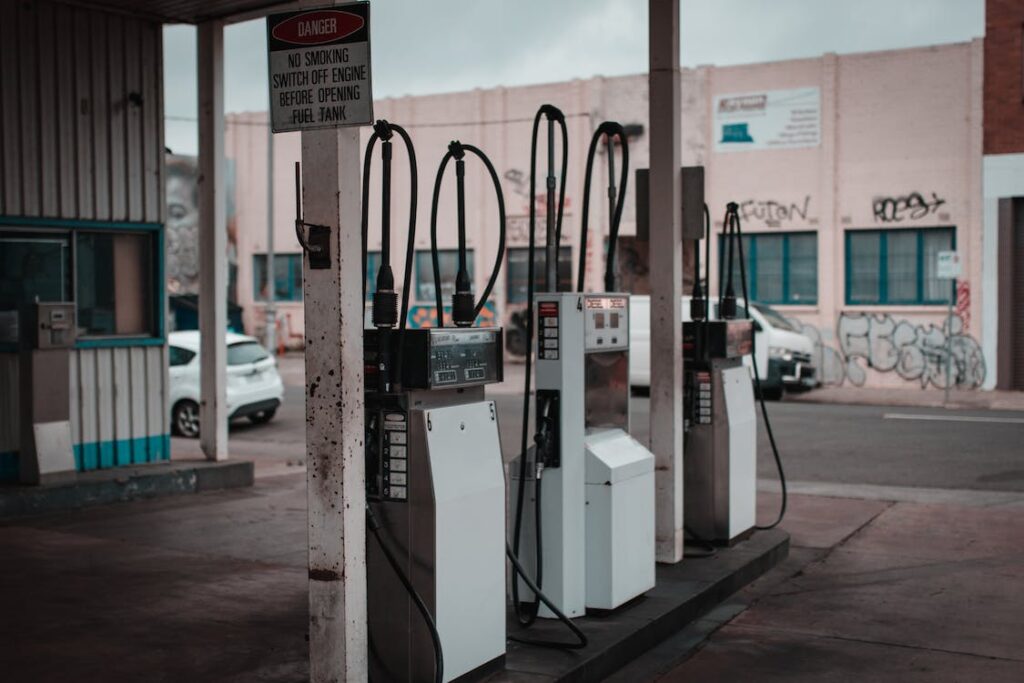The inclusion of petroleum products under the Goods and Services Tax (GST) regime has been a topic of discussion for a while now. Currently, petroleum products such as petrol, diesel, and natural gas are not covered under the GST and are subject to excise duty and state-specific taxes.
The issue has gained renewed attention due to the sharp increase in fuel prices in the country, which has led to public outcry and demands for relief. Bringing petroleum products under the GST could potentially bring down prices and provide much-needed relief to the public.
However, it is a controversial issue as fuel products are significant revenue sources for both the central and state governments. The inclusion of fuel products under the GST would lead to a significant revenue loss, which could impact the government’s ability to fund essential services and infrastructure.
Despite the potential revenue loss, there are several arguments in favor of including petroleum products under the GST regime. Firstly, it would bring uniformity and transparency to the taxation system, as all goods and services would be subject to the same tax rate. Currently, the tax rates on fuel products vary across states, leading to confusion and compliance issues for businesses and consumers.
Secondly, bringing petroleum products under the GST could potentially reduce the burden on consumers. Currently, taxes on petrol and diesel account for a significant portion of their retail prices, and reducing these taxes could provide relief to consumers and stimulate demand.
The challenges of bringing petroleum products under the GST regime
The inclusion of petroleum products under the GST regime has been a topic of debate for several years. While it is expected to simplify the tax structure and provide a boost to the Indian economy, there are several challenges associated with bringing fuel products under the GST regime.
One of the biggest challenges is the potential loss of revenue for both the central and state governments. Currently, petroleum products are subject to several indirect taxes, including excise duty, customs duty, and value-added tax (VAT). These taxes provide a significant source of revenue for the government, which may be difficult to replace if petroleum products are included under the GST regime.
Another challenge is the impact on the GST compensation cess. The GST compensation cess was introduced to provide compensation to states for any revenue loss due to the implementation of the GST. If petroleum products are included under the GST regime, it could impact the GST compensation cess and the amount of compensation that states receive.
Moreover, bringing fuel products under the GST regime could also result in higher prices for consumers. While the GST rate for petroleum products is expected to be lower than the current tax rates, the final price will depend on the base price of the product, transportation costs, and dealer margins.
In addition, the inclusion of petroleum products under the GST regime could also lead to a shift in the taxation powers between the central and state governments. While the central government currently has the power to levy taxes on fuel products, including them under the GST regime would require the consent of the state governments.
Overall, bringing fuel products under the GST regime is a complex issue that requires careful consideration of the potential benefits and challenges. While it is expected to simplify the tax structure and provide relief to consumers, it is important to address the challenges associated with the proposal to ensure a smooth transition.
International examples of including petroleum products under the GST regime
- Malaysia: Malaysia introduced a Goods and Services Tax (GST) in 2015, which included petroleum products under its tax regime. The GST rate for petroleum products was set at 6%, which was lower than the previous sales tax rate of 10%. However, the government faced backlash from consumers due to the increase in fuel prices.
- New Zealand: New Zealand introduced a GST in 1986, which included all goods and services, including fuel products. The GST rate for petroleum products is currently set at 15%. However, the government has introduced several exemptions for businesses and consumers, including a fuel excise duty rebate for heavy transport and a low-emission vehicle discount.
- Australia: Australia introduced a GST in 2000, which excluded petroleum products from its tax regime. However, the government introduced a fuel excise duty, which is a tax on the sale of fuel, to compensate for the revenue loss. In 2014, the government attempted to introduce a fuel excise duty increase but faced opposition from consumers and political parties.
- Singapore: Singapore introduced a GST in 1994, which included petroleum products under its tax regime. The GST rate for petroleum products is currently set at 7%. However, the government has introduced several schemes to provide relief to consumers, including a fuel tax rebate for low-income households and a green vehicle rebate.
These international examples show that including fuel products under the GST regime is a complex issue that requires careful consideration of the potential benefits and challenges. While it is expected to simplify the tax structure and provide a boost to the economy, it is important to address the potential impact on consumers, businesses, and the government’s revenue.
If You have any queries then connect with us at [email protected] or you can contact us & stay updated with our latest blogs & articles










